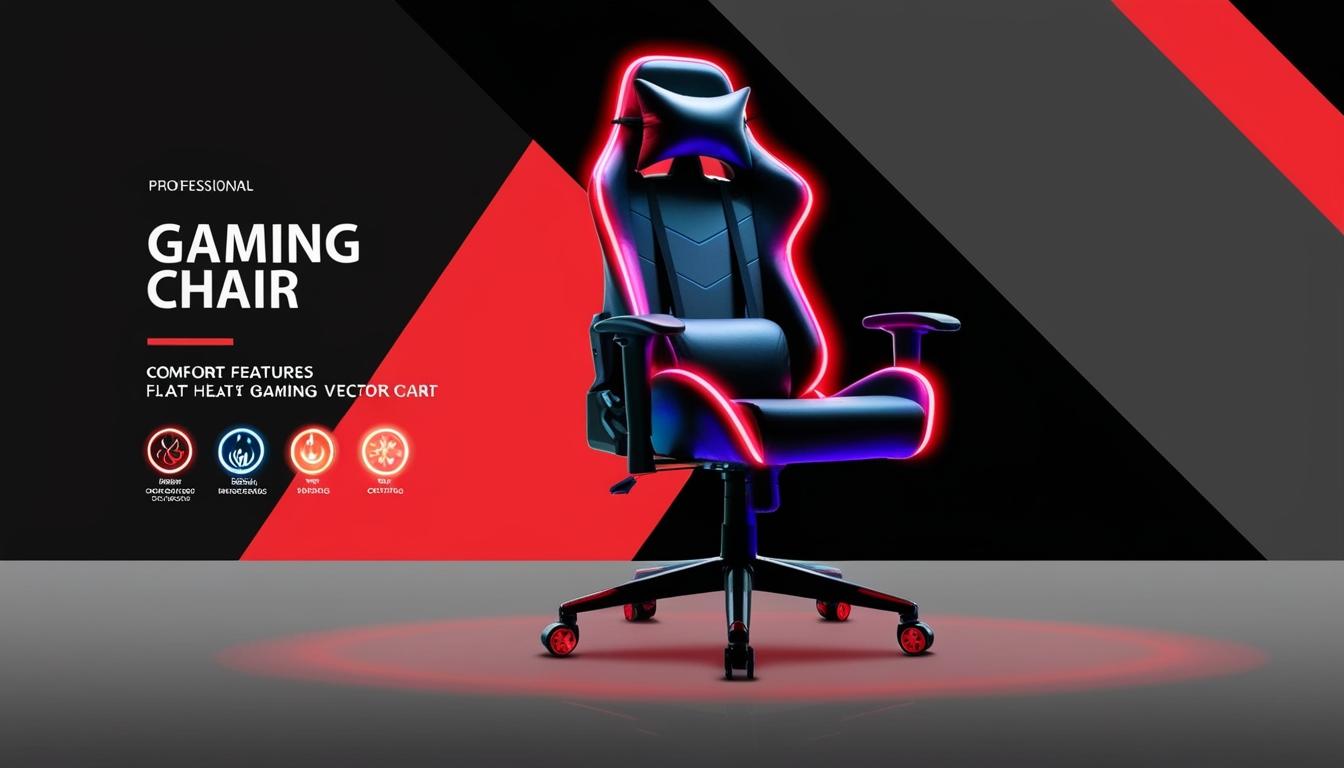Just prior to the commencement of CES 2025, Razer unveiled an extensive array of innovative products, prominently featuring its signature Chroma RGB lighting technology. Among the exciting reveals were two concepts that garnered considerable attention: Project Arielle, a gaming chair equipped with built-in heating and cooling features, and Project Ava, an AI-driven esports coaching system. Following direct hands-on experiences with both, industry observers are expressing newfound optimism.
Project Arielle is a mesh gaming chair designed to address temperature concerns for users during prolonged sessions. It incorporates a bladeless fan for temperature regulation, reminiscent of Dyson technology, while adorned with RGB lighting to indicate temperature modes. Initially perceived as a gimmick, the chair challenged preconceptions during demonstrations.
Although there were initial concerns regarding the noise emitted by the chair, users found it operates quietly. The cooling mechanism provides a subtle breeze that can be felt along the back and torso of the user. This is achieved through thin air vents discreetly embedded in the chair's frame, which further enhances its modern design.
The chair also features user-friendly touch controls located on the side, making it intuitive to operate. As users experience both cooling and heating modes, the latter proves particularly appealing, especially in cold office environments. Discussions with Razer representatives suggested that there is potential for widespread appeal in corporate settings, beyond gaming enthusiasts. Considerations for a dual-model approach were discussed, offering a more affordable option for office use sans RGB lighting, alongside a premium version for gamers desiring luxury and performance.
Meanwhile, Project Ava represents Razer’s foray into AI technology, aiming for a long-term product development cycle rather than merely showcasing an artificial intelligence model trained on game guides. During an immersive demonstration, a Razer engineer illustrated how Project Ava operates in real-time while playing a MOBA, receiving direct feedback that aids in gameplay strategy. The AI coach provided on-the-spot recommendations, such as inventory management and farming optimisation, showcasing its capabilities beyond traditional gaming assistance.
While the precise technology behind Project Ava remains closely guarded, it is understood that the system leverages a combination of proprietary technology alongside open-source APIs. Razer has stated an intention to create a hybrid solution whereby computational tasks can be divided between local machines and cloud servers, potentially making the technology accessible to a wider range of users. However, specifics regarding release dates and pricing are still undisclosed.
Razer's dual initiatives with Project Arielle and Project Ava signify the company's commitment to advancing gaming technology and expanding its product offering beyond the conventional RGB peripherals that they are known for. The venture into more innovative and practical applications of technology marks a significant moment for the gaming industry, as stakeholders await further developments on both projects.
Source: Noah Wire Services
